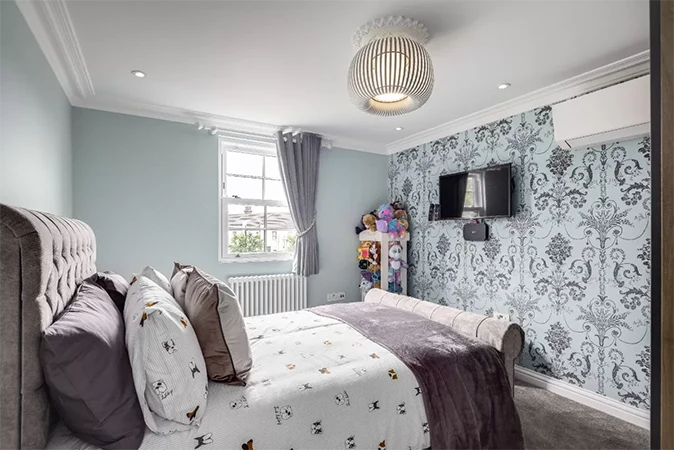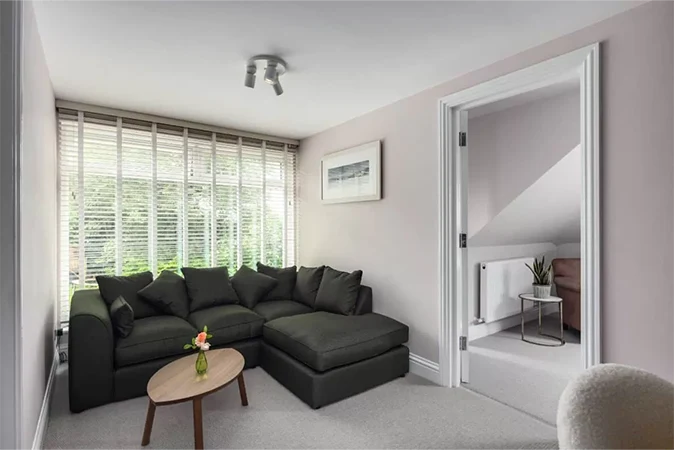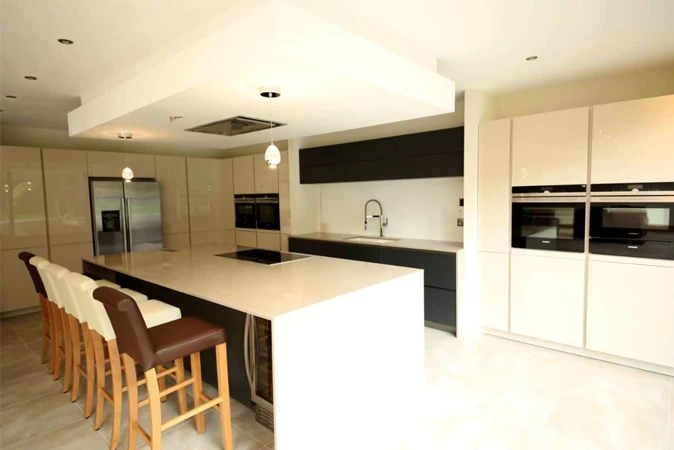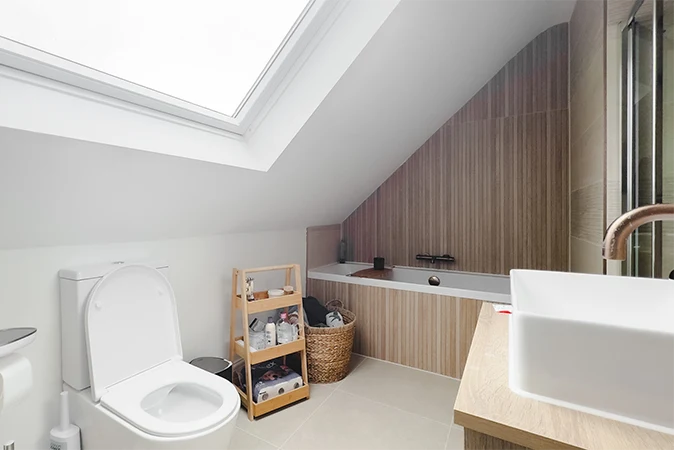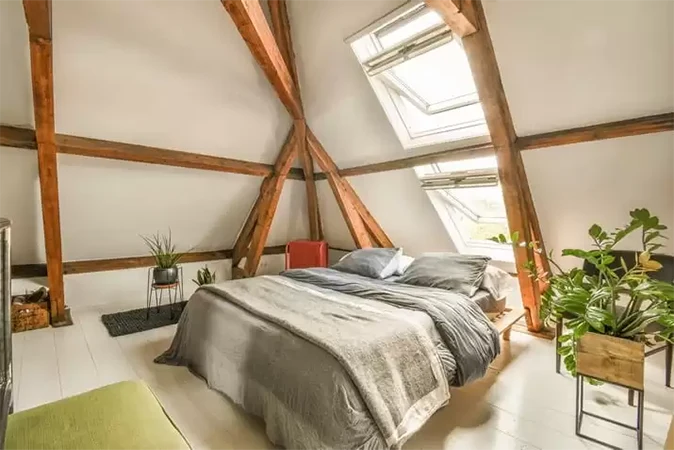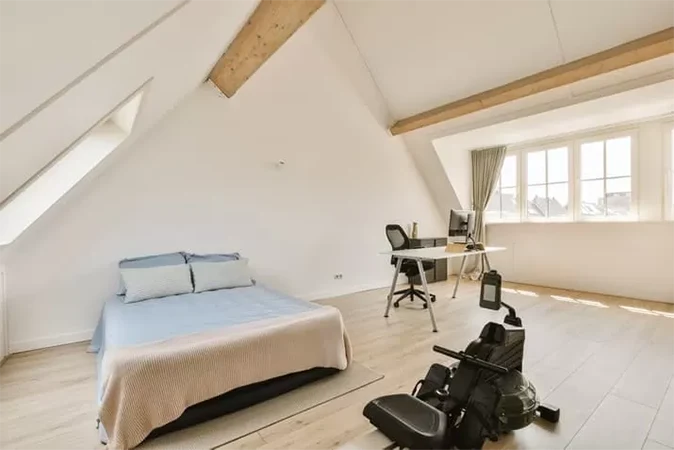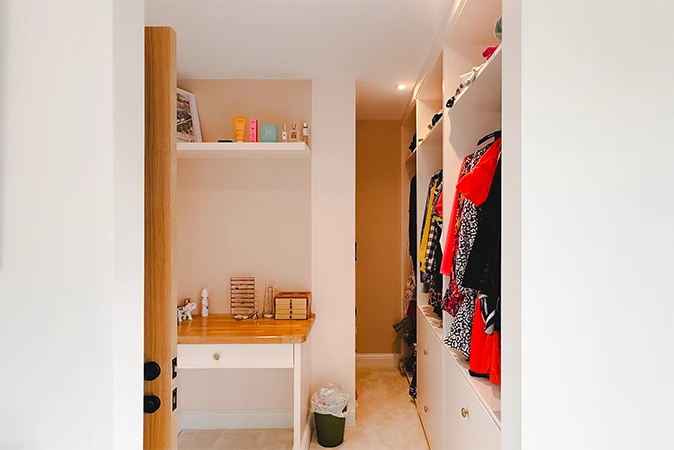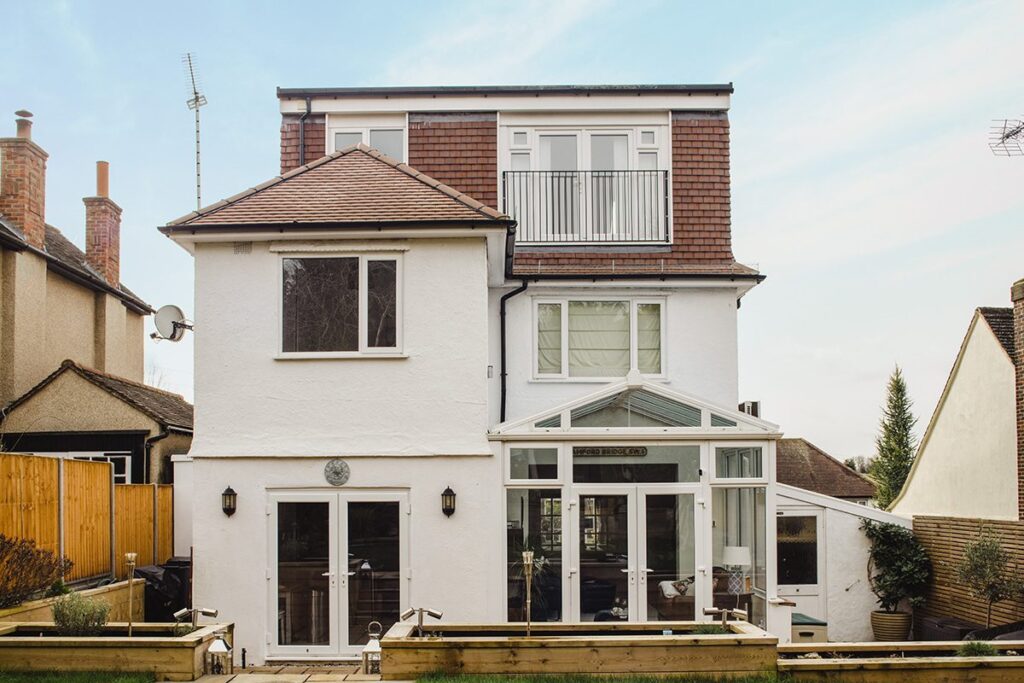Loft conversions are a popular choice for homeowners looking to add extra space and increase the value of their property. However, one common question that arises is whether a loft conversion affects council tax. Understanding how council tax might change with a loft conversion is crucial for financial planning. This blog will explore the relationship betweenloft conversions and council tax in the UK, providing detailed insights to help homeowners make informed decisions.
Understanding Council Tax
Council tax is a local tax that contributes to the funding of local services such as waste collection, road maintenance, and public libraries. It is based on the value of a property and is typically paid by the occupants. The amount of council tax payable is determined by the property’s valuation band, which is assigned by the Valuation Office Agency (VOA) in England and Wales, or the Scottish Assessors in Scotland. Each property falls into one of several bands, ranging from A to H, with A being the lowest and H being the highest. These bands are based on the property’s market value as of 1 April 1991 in England and 1 April 2003 in Wales. In Scotland, the bands are based on values as of 1 April 1991 as well. The local council sets the tax rate for each band, which can vary depending on the location and the council’s budgetary needs.
Loft Conversions and Property Value
A loft conversion can significantly increase the market value of a property by adding usable living space. This additional space can be used for various purposes, such as an extra bedroom, home office, or playroom, making the property more attractive to potential buyers. The increase in property value resulting from a loft conversion can have implications for council tax, as the valuation band might be reassessed. However, it is important to note that the reassessment of council tax bands usually occurs when a property is sold or significantly modified in a way that affects its overall value. Therefore, the impact on council tax due to a loft conversion might not be immediate. Homeowners should be aware of the potential for reassessment when planning a loft conversion and budget accordingly for any possible increase in council tax.
How Loft Conversions Are Assessed
The Valuation Office Agency (VOA) or Scottish Assessors are responsible for assessing properties and determining their council tax bands. When considering a loft conversion, the following factors may be taken into account during the assessment:
- Size and Layout: The addition of a loft conversion increases the overall floor area of the property. The size and layout of the new space will be evaluated to determine how it impacts the property’s value.
- Quality of Workmanship: The quality of the conversion, including materials used and the standard of construction, will influence the property’s value. High-quality conversions that seamlessly integrate with the existing structure may add more value than basic or poorly executed projects.Â
- Purpose of the Space: The intended use of the loft conversion can also affect the property’s value. For example, converting a loft into a master bedroom with an en-suite bathroom may add more value than converting it into a simple storage space.
- Market Conditions: Current property market conditions in the local area will be considered when assessing the value of the loft conversion. This includes demand for additional living space and recent property sales in the vicinity.


Professional Guidance and Expertise
Engaging the services of professionals with experience in loft conversions is highly recommended. Architects, builders, and surveyors can provide valuable insights and expertise, ensuring that the project is executed to a high standard. These professionals can also help navigate the complexities of building regulations and planning permissions, reducing the risk of delays or complications. Homeowners should also consider consulting with a tax advisor or financial planner to understand the potential impact of a loft conversion on their council tax. These professionals can provide personalised advice based on the specific details of the conversion and the homeowner’s financial situation. This guidance can help homeowners make informed decisions and plan effectively for any changes to their council tax obligations.
Case Studies and Examples
Examining case studies and examples of loft conversions can provide valuable insights into the potential impact on council tax. For instance, a homeowner in Surrey undertook a loft conversion to add an extra bedroom and bathroom. The conversion was high-quality, with modern fixtures and fittings, and added significant value to the property. Following the sale of the property, the council tax band was reassessed and increased, resulting in higher council tax payments for the new owner. In another example, a homeowner in London converted their loft into a home office and storage space. The conversion was modest, with minimal structural changes and basic finishes. As a result, the property’s value increased slightly, but not enough to warrant a change in the council tax band. The homeowner enjoyed the benefits of the additional space without facing an increase in council tax payments. These examples illustrate that the impact of a loft conversion on council tax can vary depending on the specifics of the project. Homeowners should consider their individual circumstances and consult with professionals to understand the potential outcomes for their property.
Contact The Experts
A loft conversion can significantly enhance the living space and value of a property, providing numerous benefits for homeowners. However, it is essential to understand the potential impact on council tax and plan accordingly. While a loft conversion can lead to an increase in council tax if the property’s valuation band is reassessed, the benefits of additional space and increased property value often outweigh the additional costs. At LMB Group, we specialise in creating high-quality loft conversions that meet the unique needs of each homeowner. Our team of experts can guide you through every step of the process, from planning and design to construction and completion. We are committed to delivering exceptional results and ensuring that your loft conversion enhances your home and lifestyle. Contact us today to learn more about our loft conversion services and how we can help you transform your underutilised attic space into a beautiful, functional living area. Let LMB Group be your trusted partner in creating the home of your dreams.








